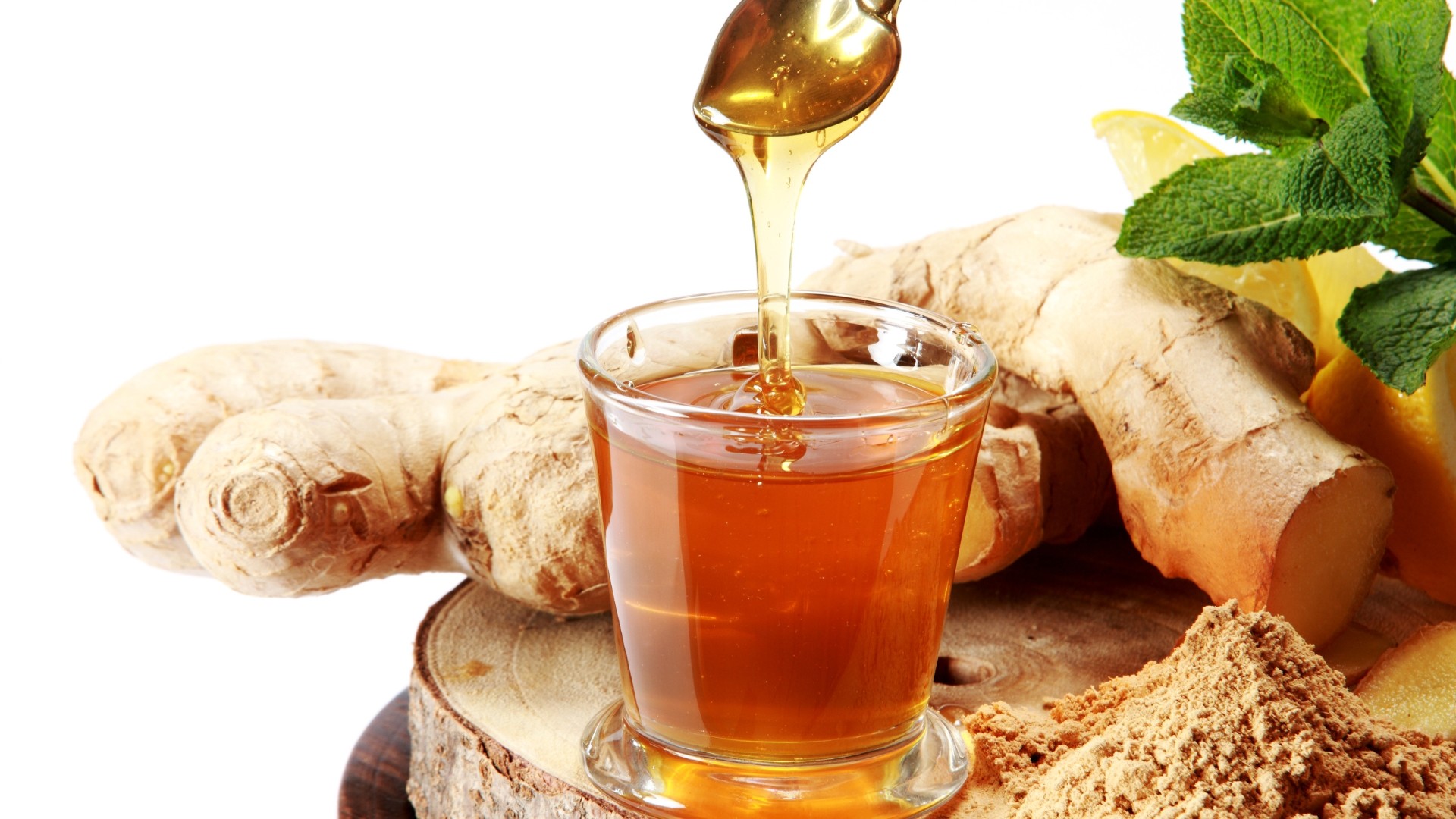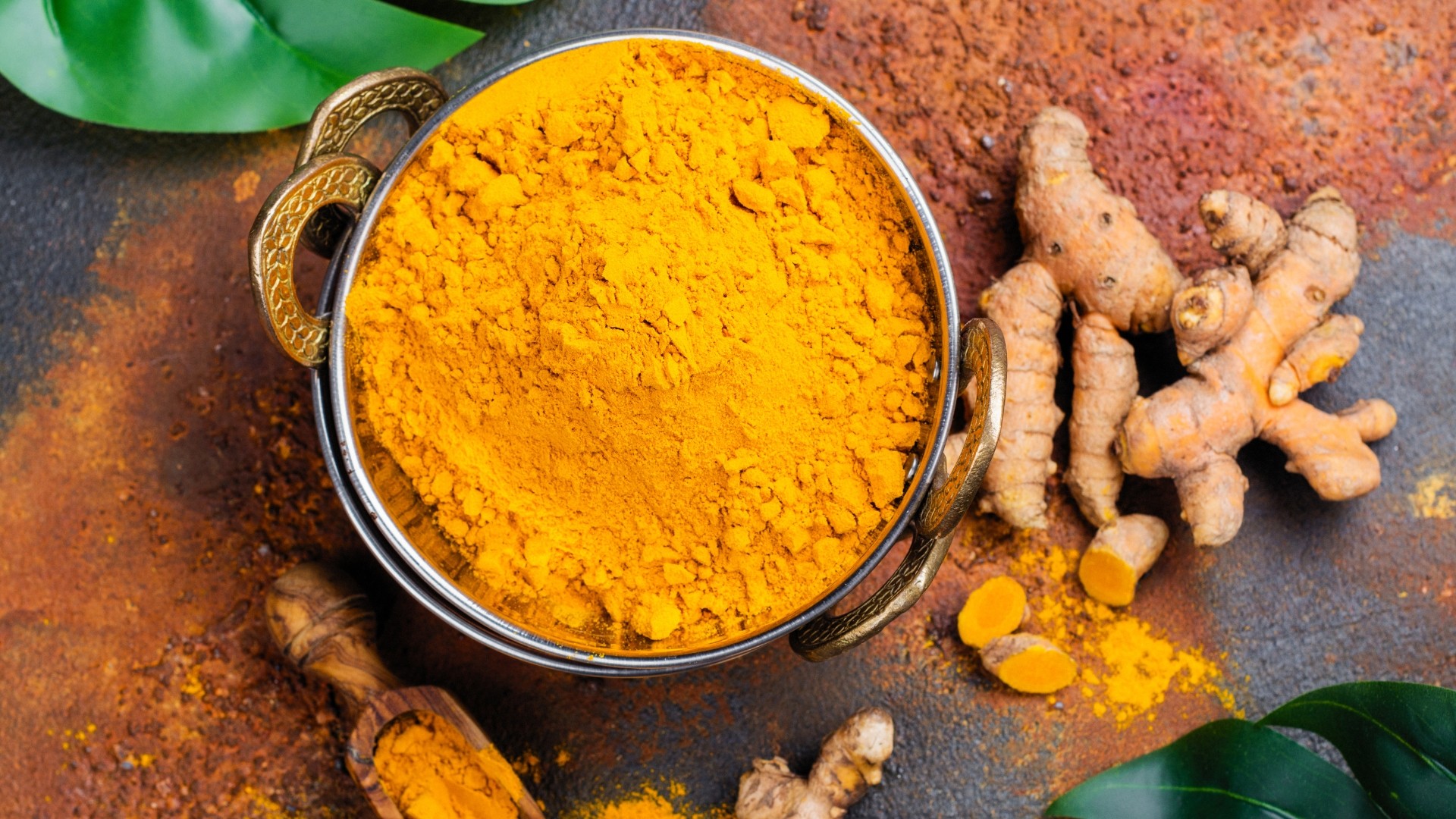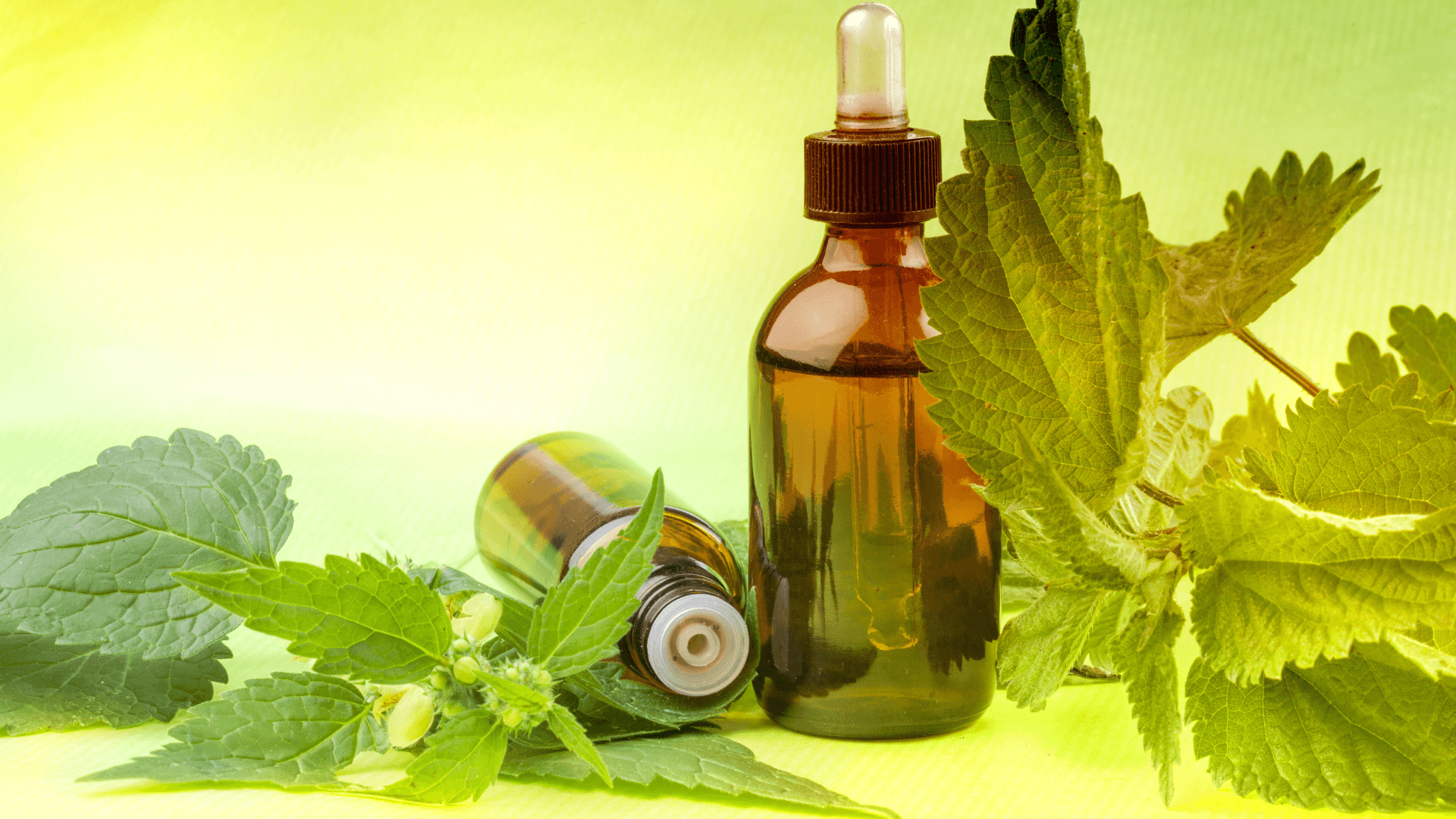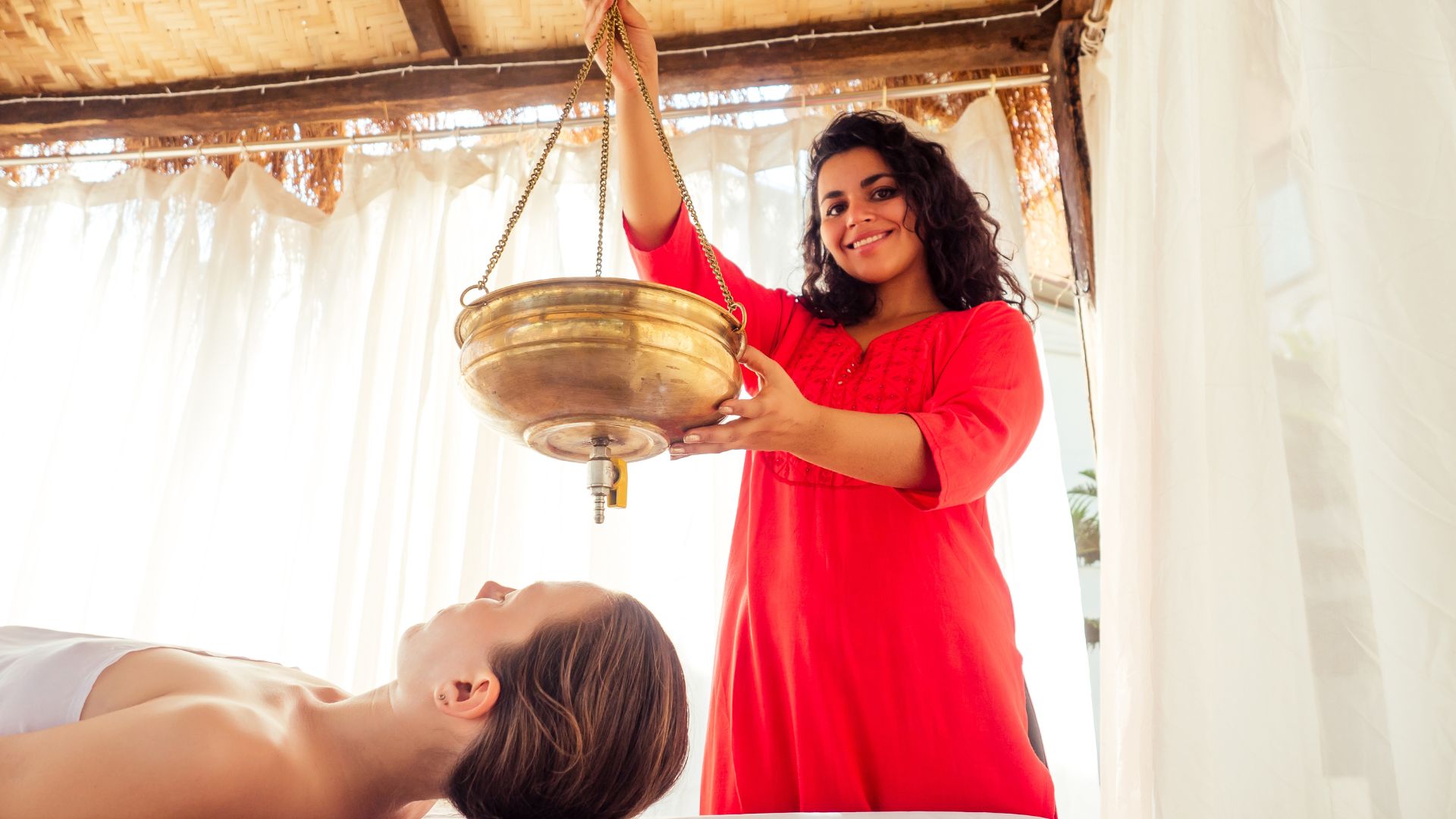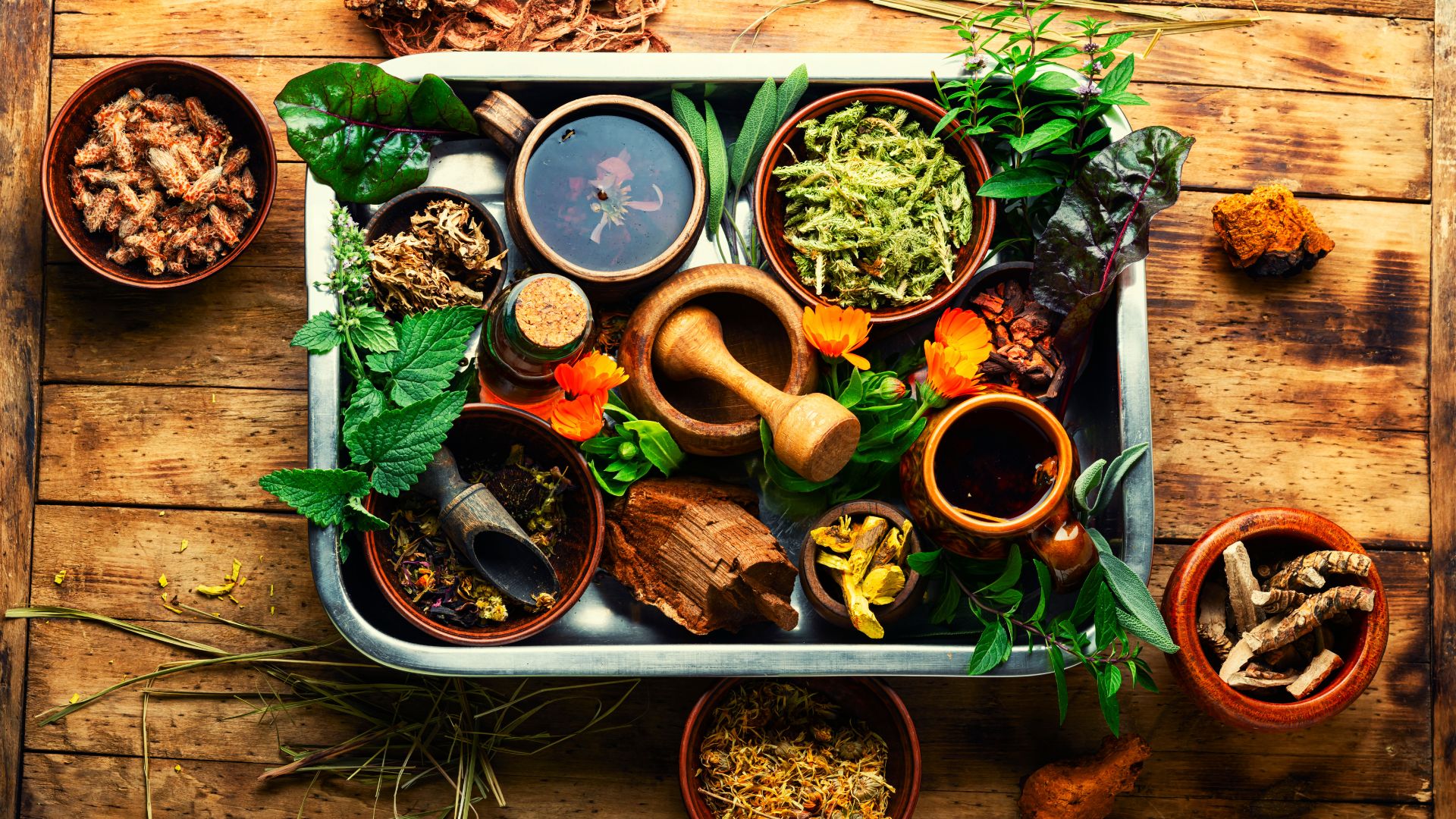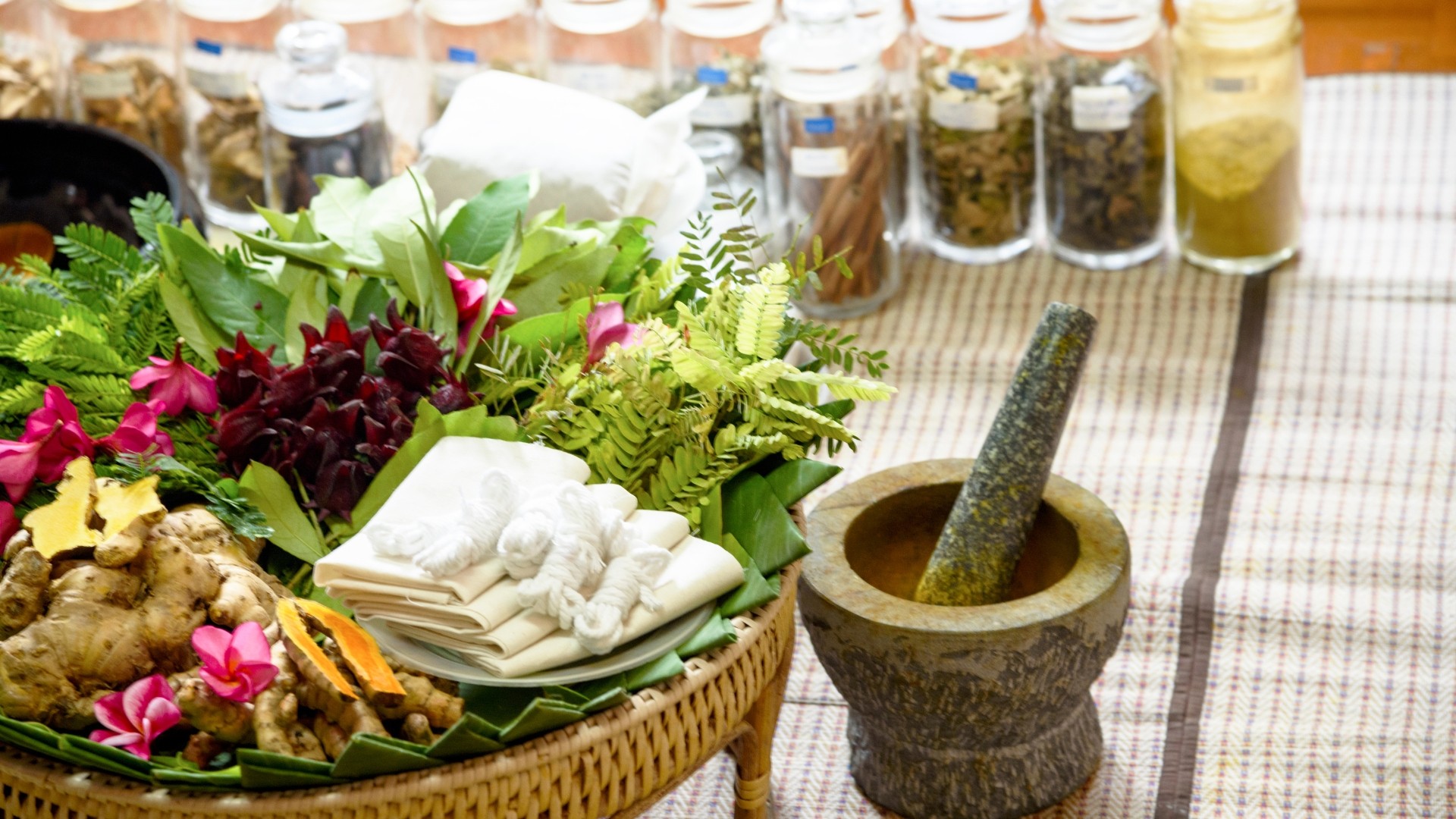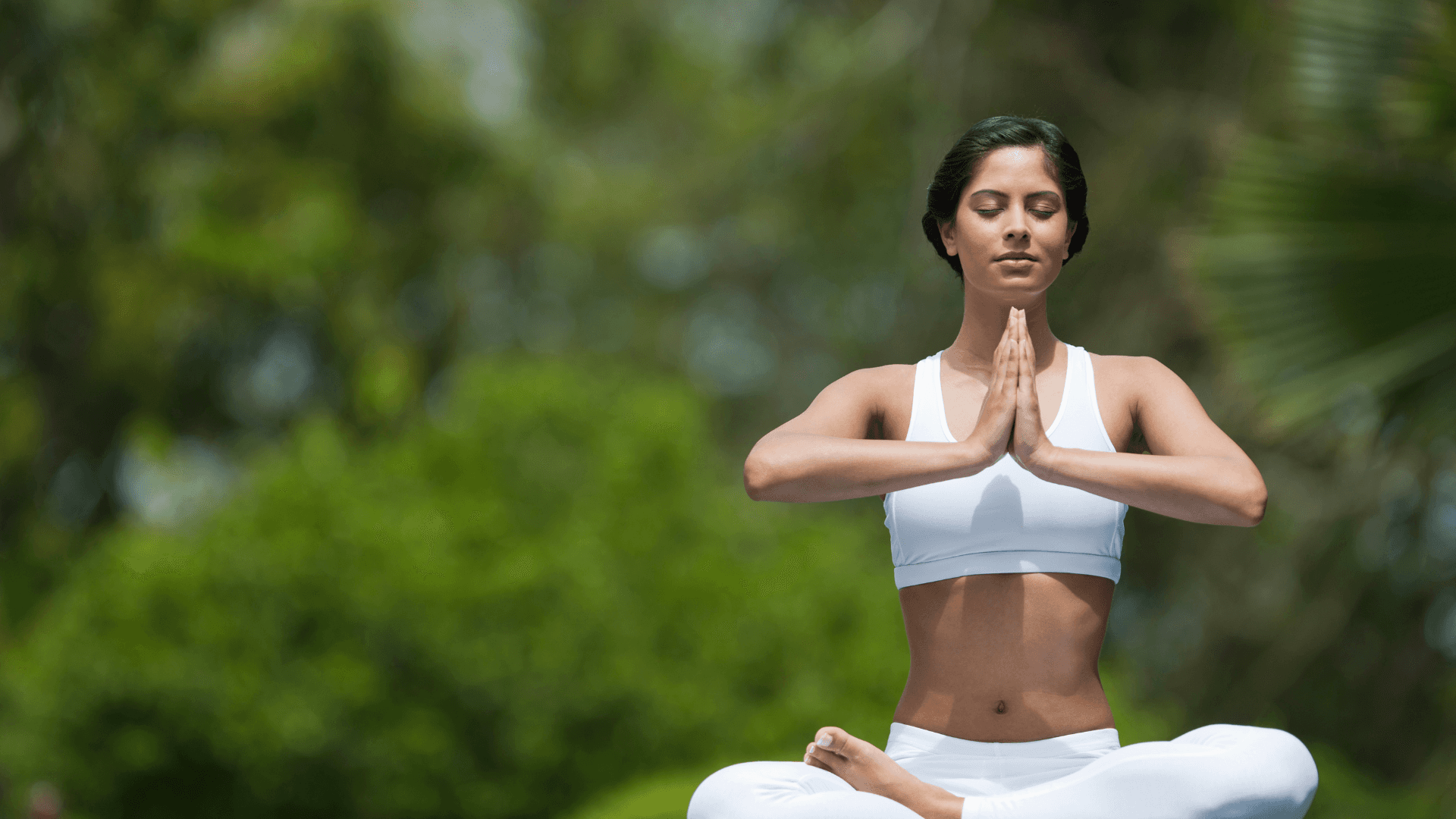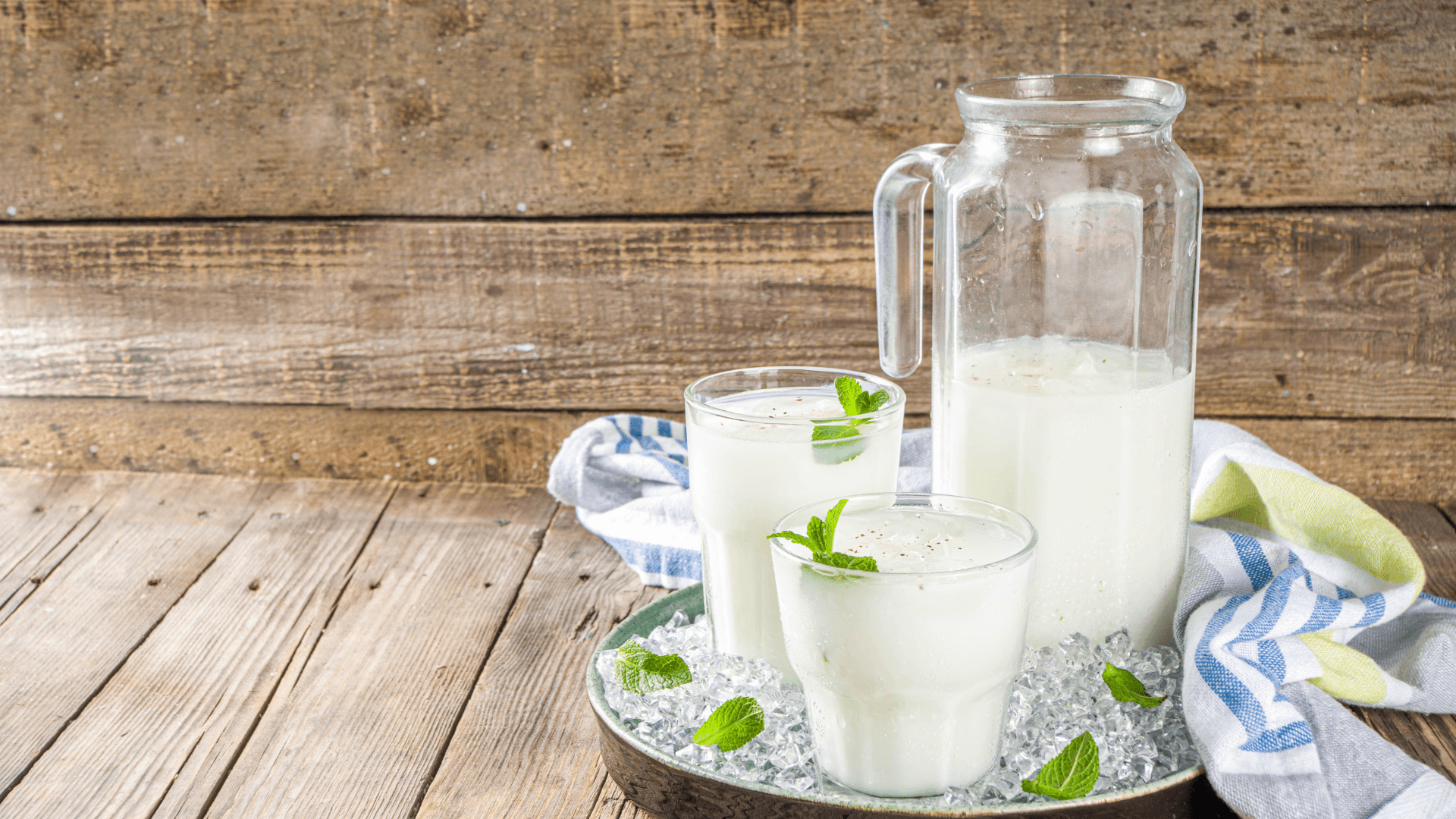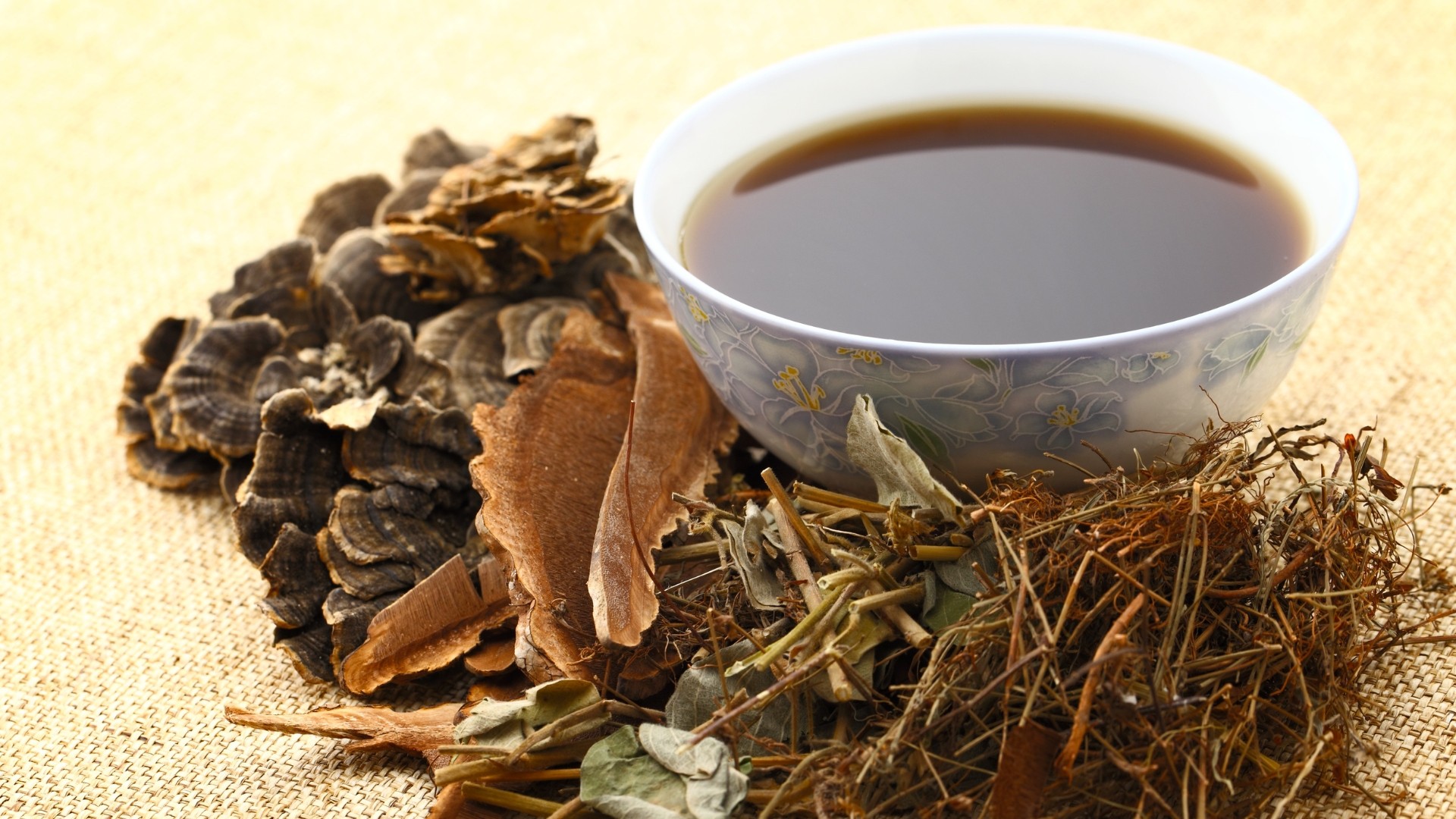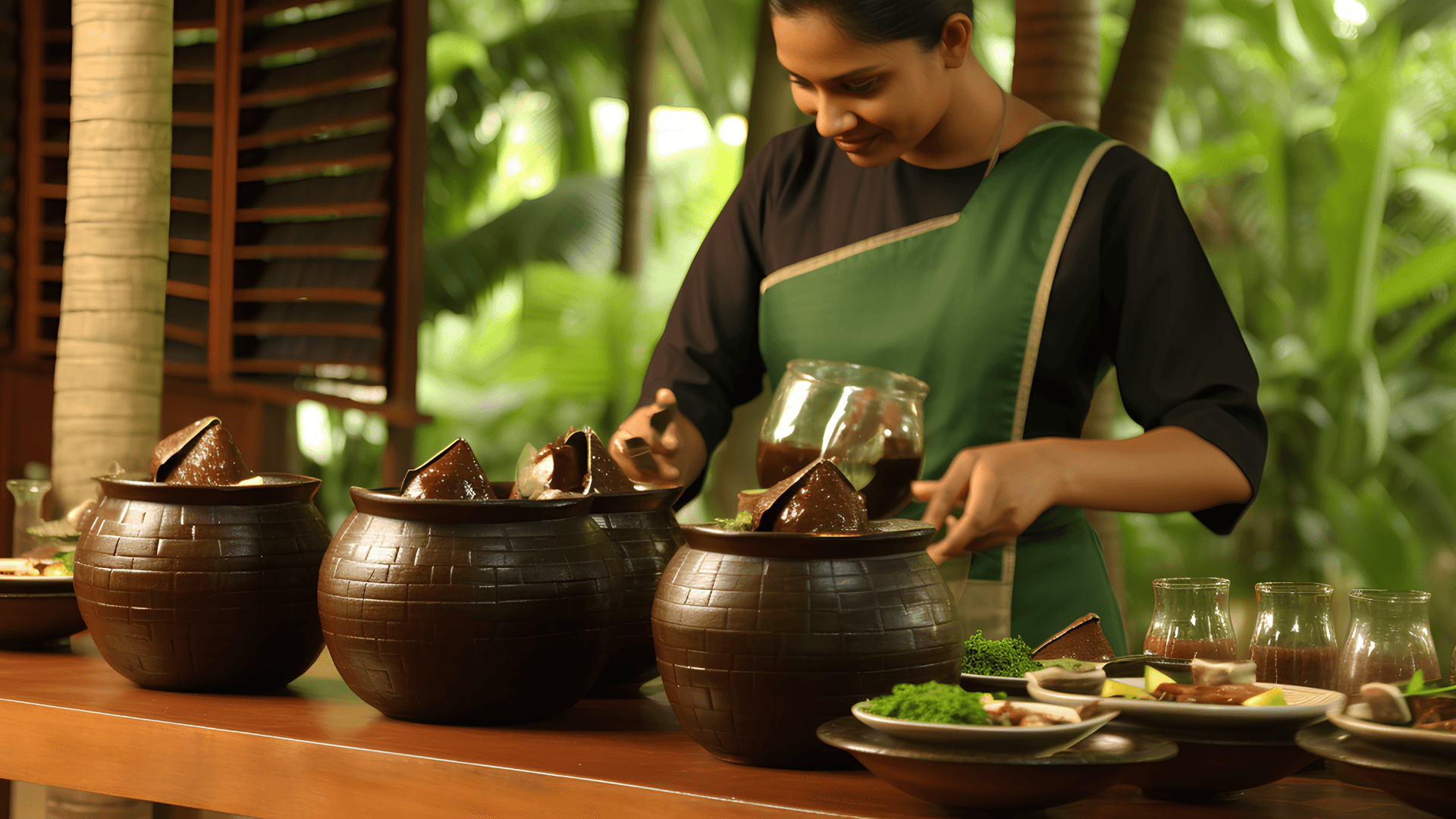Traditional Medicine
Feb 13, 2024
In this article we will learn about effective remedies for colds and flu, including vaccination, traditional home remedies like ginger and honey, and supplements such as vitamin C and zinc. Understand the importance of distinguishing between cold and flu symptoms, and embrace practical solutions for managing symptoms, supported by expert insights from doctors.
Ah, the sniffles, the coughs, the general feeling of yuck – cold and flu season is upon us once again. While vaccination remains the ultimate shield against influenza and Covid, let's face it, sometimes you get struck down anyway. So, what about finding relief for the common cold and other respiratory woes that leave you feeling miserable? We delve deeper into the science behind popular remedies, exploring their potential benefits and limitations, and incorporating insights from medical professionals.
Forget Magic Bullets: Understanding the Enemy
Before we dive into remedies, let's set some realistic expectations. Most colds and flu are caused by viruses, clever little invaders that antibiotics simply can't touch. As Dr. H. Keipp Talbot, an associate professor of medicine at Vanderbilt University Medical Center, reminds us, "there's no magic bullet" for these viral infections. While antiviral treatments like Paxlovid exist for Covid, they're typically reserved for high-risk individuals. This means managing symptoms is often the main course of action. For the flu, expect 3-5 days of fun with fever, headache, body aches, and congestion. But don't despair, there are ways to ease the journey!
Symptom Relief: Beyond Chicken Soup's Comfort
We all know grandma's warm soup works wonders, but science offers a deeper understanding of why some remedies might help:
Boosting Immunity: Can We Outsmart the Invader?
Vitamin C: The jury's still out on its cold-fighting prowess. While some studies suggest regular supplementation before getting sick might shorten colds by a day, the evidence isn't definitive. Remember, our bodies don't store excess vitamin C, so mega-doses won't work wonders. Dr. Aviva Romm, a physician specializing in integrative medicine, emphasizes this point, stating, "the body is not able to store high doses of vitamin C, like those found in supplements, and any excess vitamin C is usually excreted in your urine."
Elderberry: This popular ingredient in syrups, especially for children, seems promising. Early intake in some studies showed shortened symptom duration, but more research is needed to confirm its effectiveness.
Zinc: Lozenges every 3-4 hours might reduce cold/flu length by a day, but the evidence is mixed. More research is needed to solidify its place in the remedy arsenal.
Soothing Sore Throats: Finding Comfort for That Raw Feeling
Hydration is Key: Plain water, hot teas, broths, and soups not only provide comfort but also prevent dryness, worsening the already inflamed tissues. So, keep those fluids flowing! Dr. Fadel Hind, an infectious disease physician at the Mayo Clinic, highlights the importance of hydration, stating, "Staying hydrated by drinking plenty of fluids helps thin mucus and loosen congestion, making it easier to cough up and clear."
Ginger's Anti-inflammatory Punch: Studies suggest ginger has anti-inflammatory properties that can ease throat swelling. Steep it in hot water with other herbs for a soothing tea, or add it to your chicken soup for an extra kick.
Turmeric's Potential, but with Challenges: This Ayurvedic wonder may reduce inflammation, but its main compound, curcumin, has low bioavailability. Mixing it with fatty substances like oil or milk and adding black pepper can help your body absorb more of its benefits.
Controlling Coughs: Quieting the Unwanted Symphony
Salt Water Gargles: A Simple yet Effective Weapon: Ease pain and remove irritants like allergens and viruses with a simple gargle. Mix ½ teaspoon of salt in warm water, gargle briefly, and spit. Repeat as needed for relief.
Honey's Sweet Solace: This natural wonder soothes coughs and sore throats, but remember, it's a no-go for children under 1 year old. Enjoy a spoonful or mix it with warm water for a comforting drink. Dr. Romm adds a word of caution: "While honey can be helpful for a cough, it should not be given to children under 1 year old due to the risk of botulism.
Relieving Congestion: Unclogging the Sniffles
1- Neti Pots: A Saline Rinse for Relief: Rinsing your nasal passages with a saline solution using a neti pot may shorten illness and reduce germ transmission. Remember, only use distilled, sterile, or boiled water to avoid introducing harmful bacteria.
Catching a cold or flu is never fun, and navigating a stuffy nose, cough, and congestion can be frustrating. While medication may be necessary in some cases, several natural remedies can offer comfort and alleviate your discomfort. Remember, these are not cures but can potentially ease symptoms:
2- Humidity for Easier Breathing:
While some data suggests humidifiers might help with coughing and congestion, the evidence on reducing illness duration is less conclusive. Dr. Fadel Hind, an infectious disease physician, advises, "Keeping rooms at a comfortable humidity, around 40-60%, can help loosen mucus and ease breathing." Use a cool-mist humidifier and monitor the humidity levels to avoid creating a breeding ground for mold.
3- Menthol's Cooling Sensation:
The menthol found in peppermint and other mint plants provides a refreshing feeling that can offer temporary relief from congestion. Dab a menthol ointment like Vicks VapoRub on your chest and neck, but avoid contact with eyes and nostrils. Caution: Menthol can irritate some individuals.
Traditional steam therapies using herbs like eucalyptus or thyme can also help clear congestion. Steep the herbs in hot water, cover your head with a towel, and inhale the steam carefully. Alternatively, hang dried herbs in a hot shower for similar benefits.
4- Vapor Rub and Sleep:
Some studies suggest vapor rubs containing menthol, eucalyptus, and camphor can improve sleep for adults and children with cold symptoms. However, experts warn that these rubs can be irritating for some people.
Seeking Comfort is Key:
Dr. Aviva Romm, a physician specializing in integrative medicine, reminds us that finding what works best for you is crucial: "Ultimately, choosing a remedy is trial and error until you find something comfortable. And that," she adds, "is worth it."
